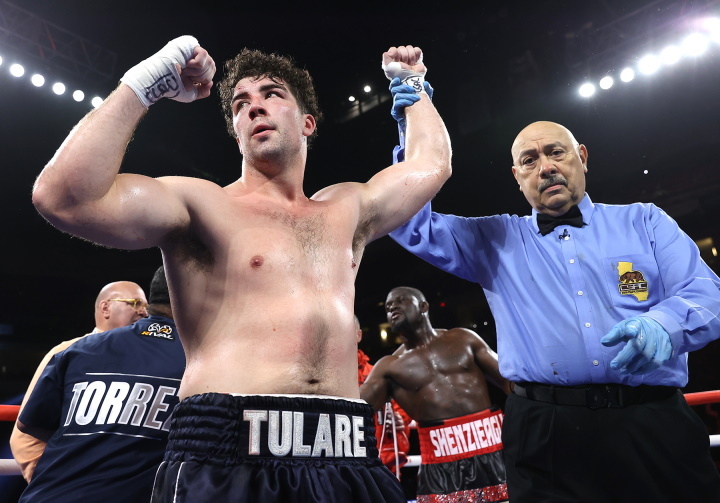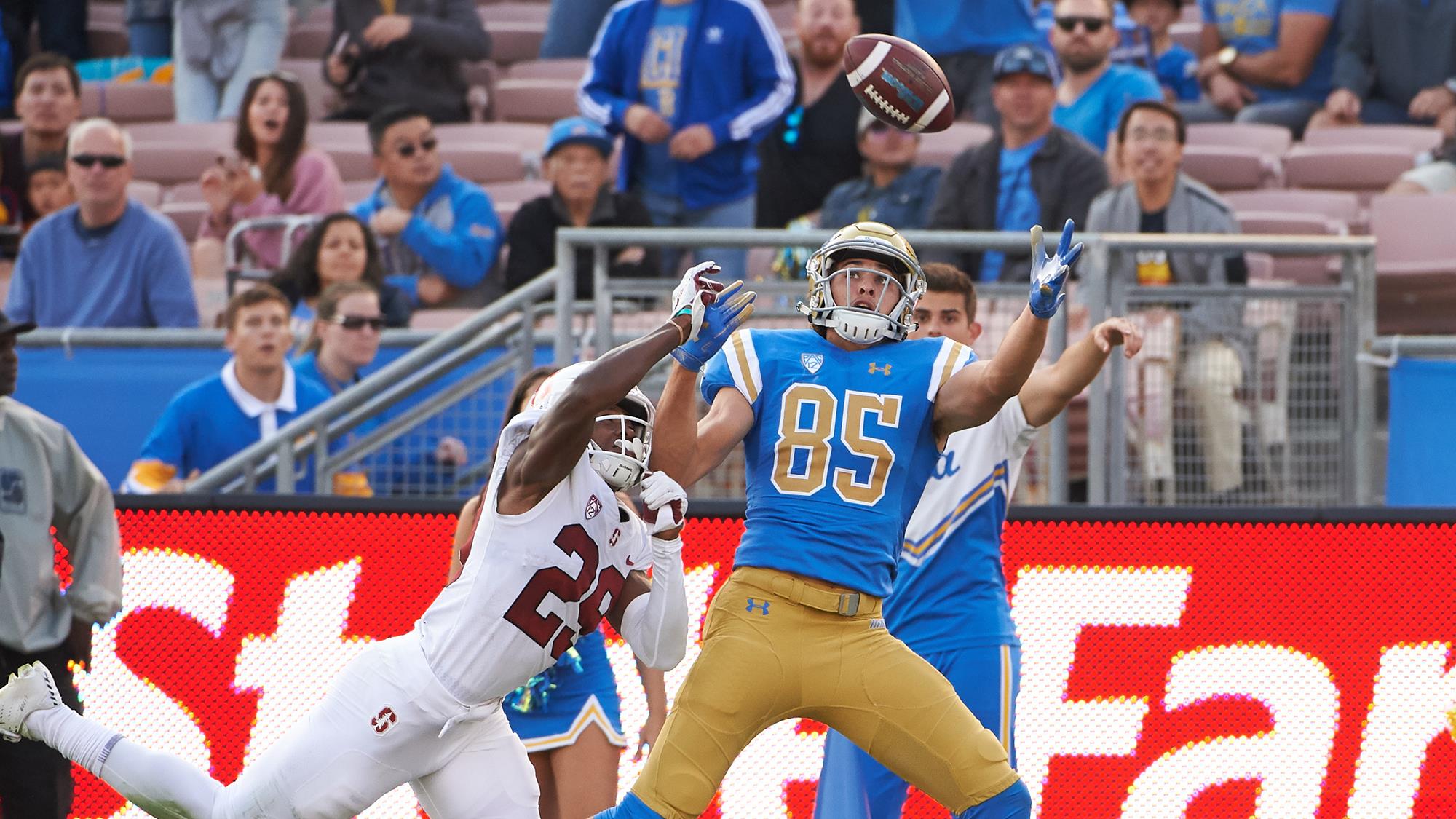Depending on your spiritual bent, you may have been either thrilled or turned off by San Francisco 49ers quarterback Brock Purdy talking about his Christian faith in interviews on his way to the Super Bowl.
After engineering an amazing comeback to defeat the Detroit Lions for the NFC Championship, Purdy told reporters, “When I’m down 17 at the half, honestly, I’m just thinking, ‘All right God, You’ve taken me here, and win or lose I’m going to glorify You.’ . . . Honestly, I think it’s just a testament to God and where He’s taken me in life.”
Some probably feel, as Beneatha Younger put it in Lorraine Hansberry’s play, A Raisin in the Sun, “I’m just tired of hearing about God all the time. What has He got to do with anything? . . . I just get so tired of Him getting the credit for things the human race achieves through its own effort. Now, there simply is no God. There’s only man. And it’s he who makes miracles.”
The media and the public are now accustomed to hearing athletes thank God for the abilities he has given them. But that wasn’t always the case. In baseball in the 1950s and 1960s it was extremely rare to hear such pronouncements from athletes. Then in the 1970s in San Francisco, one of the great culture clashes between religious athletes, the media and the fan base erupted over a group of born-again ballplayers on the Giants who became known as the God Squad.
Giants’ relief pitcher Gary Lavelle became a born-again Christian in the winter of 1976. When he returned to the club the next year, he gradually and quietly began to share his faith with his teammates when they showed an interest. Several, including Bob Knepper, Jack Clark, Rob Andrews, and Randy Moffitt (brother of tennis great Billie Jean King) came to faith, and by the 1978 season there were eight or nine professing Christians on the team.
The Giants, who had suffered through several losing seasons, came to life that year and led the National League West for much of the season, only to fade in a September swoon and finish third. In post-game interviews, the players frequently thanked God for the ability he gave them, and the press raised no objection.
But when the Giants’ fortunes faded on the field in 1979, the media was quick to blame the born-again players, claiming their newfound faith had made them passive. The press derisively referred to them as the God Squad.
The cornerstone of that accusation was a quote attributed to pitcher Knepper, who supposedly told manager Dave Bristol it was “God’s will” when he yielded a home run that lost a game. Knepper and his Christian teammates have always denied the quote, as did Bristol. But the false story continued to hound them for years.
The media was merciless at times. San Francisco Chronicle columnist Glenn Dickey wrote, “It may be that the Giants will have to trade one or two of the most obvious born-agains on the club, to break up the clique. At the very least, their lockers should be separated in the clubhouse.”
Another prominent Chronicle sports columnist, Lowell Cohn, told me recently that he disagrees with Dickey on that score. However, Cohn, known for his biting satire, penned one of his most provocative pieces, “Can Satan Save the Giants?” in which he recommended that one of the Giants sell his soul to the devil since God didn’t seem to be helping the team too much!
Not only did the media blame the God Squad for losing, it also alleged that the Christian athletes caused division in the clubhouse and got two managers fired. These false claims spread to the national media, where prestigious columnists Peter Gammons of The Boston Globe and Dick Young of the New York Daily News repeated them. One of the more ridiculous accusations was that the Giants had two team buses to take players to the field, one for the God Squad and another for the others,
Mike Ivie, one of the God Squadders, returned to the club from a stint of mental exhaustion and sounded much like Brock Purdy, who had made a comeback from physical injury.
“He’ll put you through trials and tribulations and He’ll use every resource to help you find happiness in your heart,” said Ivie. “It would have been twice as hard for me to come back if I hadn’t believed in the Lord.”
Ivie and his teammates commonly made such pronouncements in a liberal San Francisco atmosphere and era that was not conducive to talk about faith. Cohn felt the tension and in his memoirs made this fascinating statement, “Until that day, I believed I was covering a baseball team. I was wrong. I had wandered into the middle of a deep religious debate, one that defined the Giants at that time.”
The God Squadders were spiritual pioneers who bore the brunt of attacks by the media. They paved the way for Brock Purdy and other Christian athletes to speak boldly about their faith.
Matt Sieger, now retired, is a formers sports reporter and columnist for The Vacaville Reporter. He is the author of The God Squad: The Born-Again San Francisco Giants of 1978. This article first appeared in The Vallejo Times-Herald and The Vacaville Reporter.
Photo: Mike Ivie, San Francisco Giants










